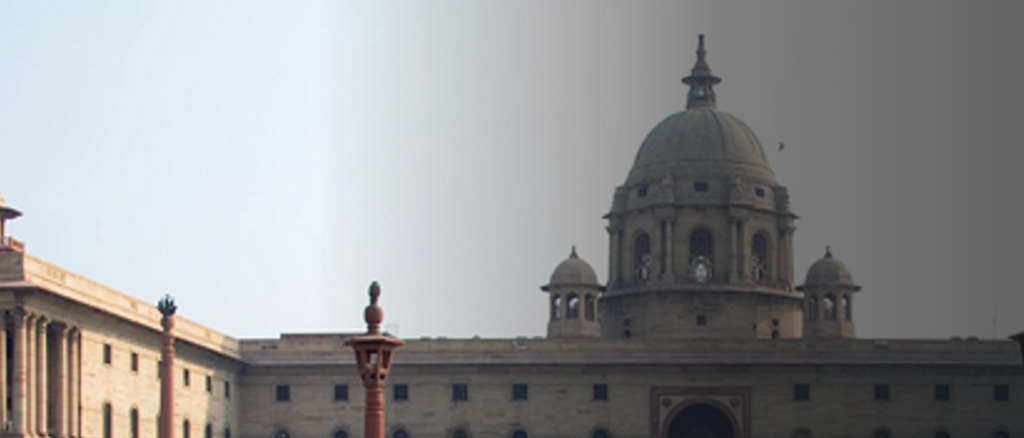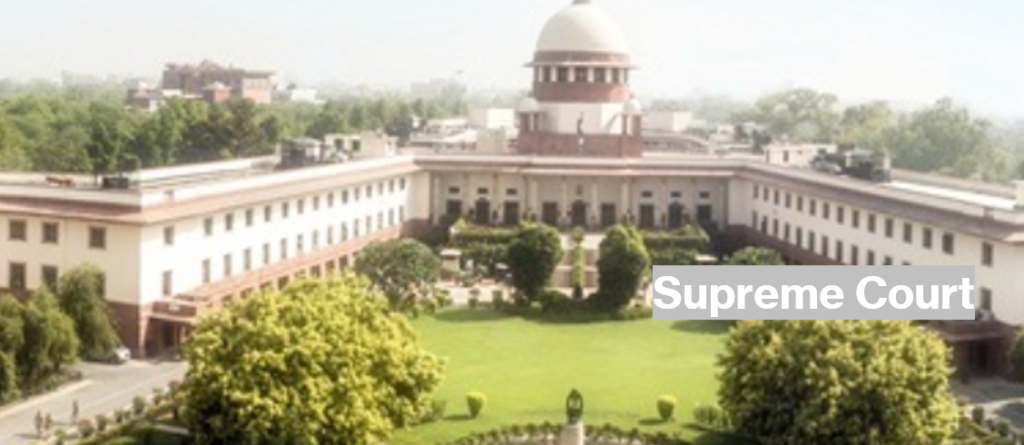In the midst of a complex legal situation in Manipur, where an increasing number of individuals are opting to challenge First Information Reports (FIRs) directly in the Supreme Court instead of following the conventional route through the Manipur High Court, the highest judicial authority in India has chosen to investigate this puzzling trend. The primary issue at hand revolves around the alleged obstruction faced by lawyers attempting to represent clients in the Manipur High Court. This article will explore recent developments and the ramifications of this unconventional approach by litigants.
100 Top books for exam preparation
Background Check: The Manipur Legal Conundrum
A Veteran’s Challenge
The issue gained prominence when Vijaykant Chenji, a retired Army officer and a veteran of the Bangladesh war, made the audacious move of contesting an FIR filed against him in Manipur. The FIR accused him of attempting to incite war against the nation due to a book he authored on the Anglo-Kuki war, which was published in 2022. Chenji’s plea to the Supreme Court encompassed two aspects: firstly, he questioned the validity of the FIR, and secondly, he requested the Manipur government’s directive to present the FIR in the Supreme Court and furnish him with a copy. These unique circumstances have raised substantial questions regarding the legal landscape in Manipur.
The Lawyer’s Predicament
When Chief Justice of India, D Y Chandrachud, inquired about Vijaykant Chenji’s decision to bypass the High Court and approach the Supreme Court directly, his attorney, senior advocate Anand Grover, revealed a startling fact. Grover asserted that the situation in Manipur had deteriorated to the extent that lawyers were being prevented from representing clients in the Manipur High Court. This revelation adds an additional layer of complexity to an already intricate legal scenario.
Supreme Court’s Fact-Finding Mission
Considering these alarming developments, the Supreme Court, under the leadership of Chief Justice D Y Chandrachud, has chosen to adopt a proactive stance. The court has expressed its intention to request reports from both the Registrar General of the Manipur High Court and the state government. This step aims to authenticate the claim that lawyers are indeed encountering hindrances when appearing in the Manipur High Court.
Access to Justice
The apparent impediment to lawyers’ access to the Manipur High Court raises fundamental questions about the right to legal representation and access to justice. If lawyers are barred from practicing in the High Court, it jeopardizes the fundamental principles of democracy and the rule of law. Litigants are left with no alternative but to seek justice directly from the Supreme Court.
Supreme Court’s Burden
The Supreme Court’s role in addressing these grievances carries its own set of challenges. While it is the highest judicial authority, it is not equipped to handle every case directly. The court already grapples with a substantial caseload, and managing cases that typically fall under the jurisdiction of the High Court further adds to its burden. This shift in the legal landscape underscores the urgency of implementing systemic reforms to ensure litigants have a more streamlined path to justice.

Manipur High Court raises fundamental questions about the right to legal representation and access to justice
Judicial Efficiency
Efficiency within the justice system is paramount for delivering timely resolutions to legal matters. The current situation in Manipur, with litigants increasingly turning to the Supreme Court, poses a threat of overburdening an already congested judicial process. Striking the right balance between ensuring access to justice and maintaining judicial efficiency is a challenge that demands immediate attention.
Conclusion
The recent upsurge in litigants directly approaching the Supreme Court, bypassing the Manipur High Court due to alleged constraints on lawyers, presents a multifaceted legal scenario. Chief Justice D Y Chandrachud’s decision to investigate this matter underscores the judiciary’s commitment to ensuring access to justice. However, it also highlights the pressing need for reforms in the Manipur legal system to alleviate the Supreme Court’s burden and streamline the process for litigants seeking justice.


